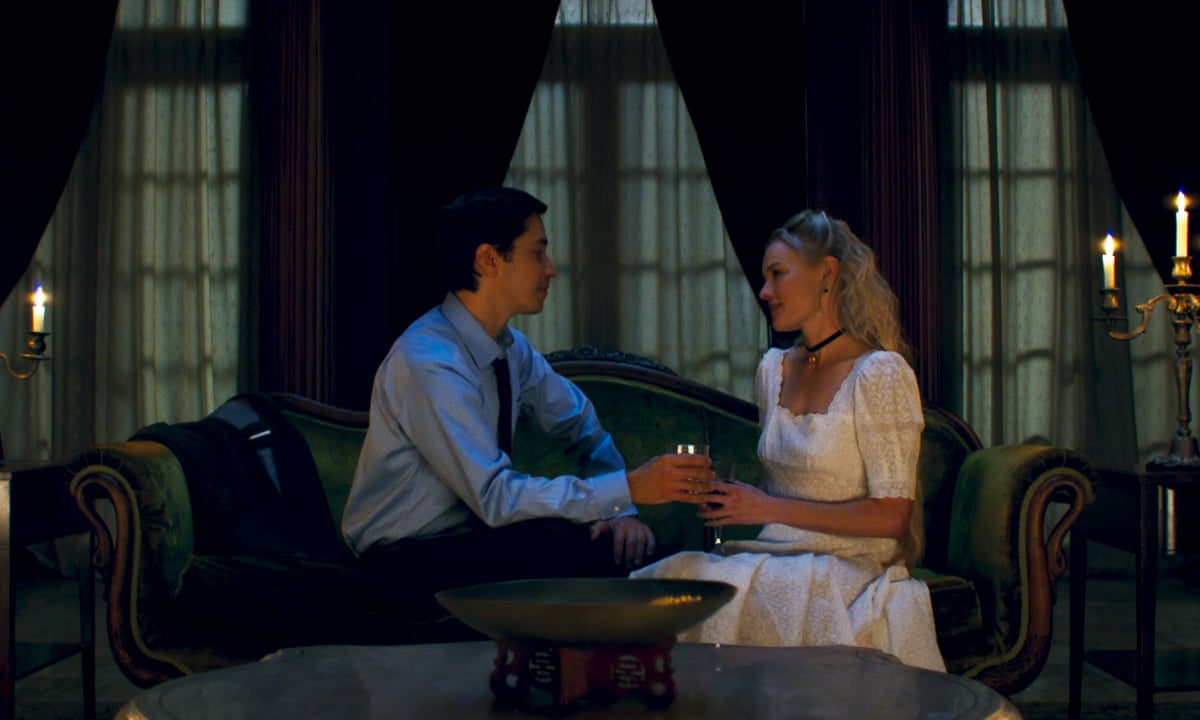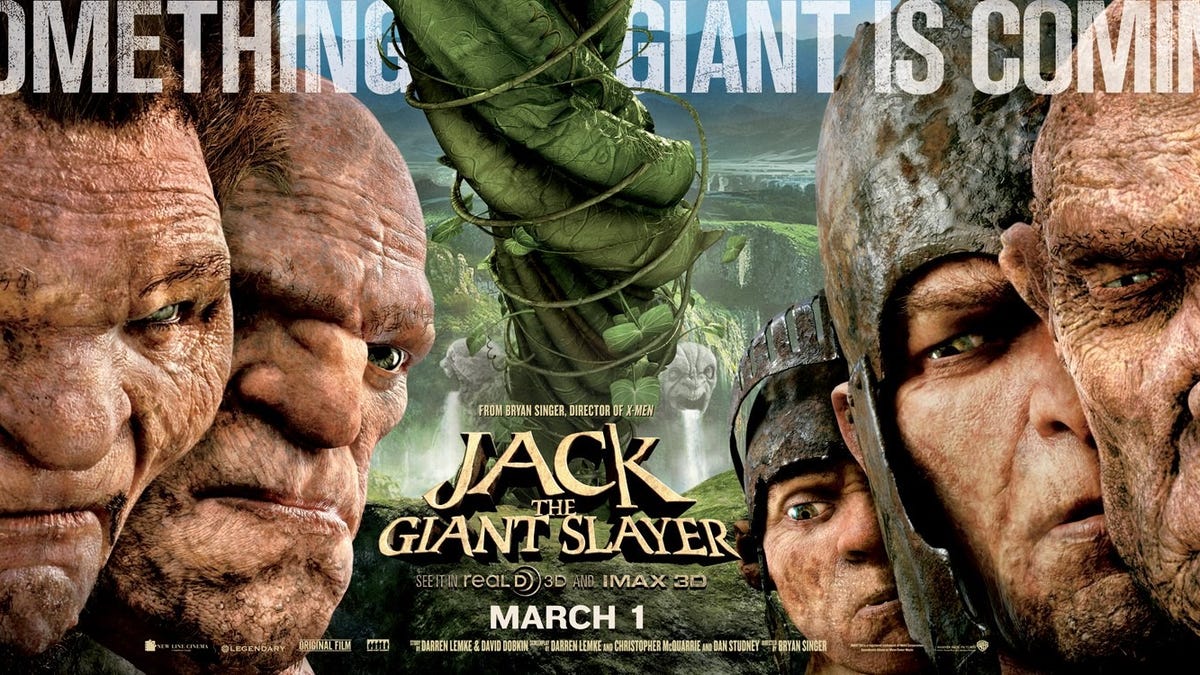House of Darkness (2022), written and directed by Neil LaBute, is a clever, slow-burning horror-thriller that reimagines gothic tropes through a modern, sharply satirical lens. With minimalist storytelling, limited characters, and a single setting, the film plays like a theatrical chamber piece — one that steadily tightens the tension before delivering a chilling (and bloody) payoff.
The story begins simply enough: Hap Jackson (played by Justin Long) escorts Mina (played by Kate Bosworth) back to her remote mansion after meeting at a bar. As the evening unfolds, what seems like a flirtatious encounter between a confident man and a mysterious woman soon takes a dark, unexpected turn.
What starts off as a potential romantic night becomes a psychological chess match, with Mina subtly toying with Hap’s assumptions, ego, and secrets. As the drinks flow and the fire crackles, Hap's smooth-talking persona begins to unravel — especially when Mina’s equally enigmatic “sisters” arrive.
What follows is a slow descent into gothic dread, female power, and the terrifying consequences of manipulation, entitlement, and predatory behavior.
Justin Long gives one of his most nuanced performances to date. His portrayal of Hap is layered and deceptively charming — a man who masks insecurity and arrogance behind humor and feigned politeness. Long strikes a delicate balance between likable and repellent, making the character’s fate feel earned yet tragic.
Kate Bosworth is mesmerizing as Mina — calm, intelligent, and enigmatic. Her delivery is controlled, her silences weighty, and her gaze chilling. As the film progresses, she shifts from mysterious to menacing with elegant precision. The chemistry between Bosworth and Long crackles with tension, making every line of dialogue feel like a verbal duel.
Neil LaBute, known for his biting dialogue and explorations of gender dynamics (In the Company of Men, The Wicker Man remake), returns to familiar thematic territory here. But in House of Darkness, he uses horror as a tool for satirical and psychological storytelling. His script is lean and suggestive, relying on implication and subtext rather than jump scares or gore — until the climax.
The mansion setting is beautifully eerie, with candle-lit halls, echoing chambers, and shadows that dance with mystery. The use of confined space increases the tension and gives the film an intimate, claustrophobic feel.
House of Darkness is more than a horror movie — it’s a critique of toxic masculinity and the dangers of manipulation disguised as charm. The film feels like a gender-reversed cautionary tale, where the predator slowly becomes the prey.
It taps into mythological and vampiric themes, particularly drawing inspiration from Dracula and other vampire folklore, while modernizing them to address contemporary social dynamics around gender, power, and accountability.
Though some viewers may find the pacing too slow or the dialogue too stagey, those who appreciate cerebral, character-driven thrillers will be rewarded with a sharp and satisfying subversion of horror expectations.
House of Darkness is an intelligent, atmospheric thriller that thrives on conversation, implication, and suspense. With strong performances, eerie minimalism, and a biting script, it builds tension with every word — then tears through it with a fiery, feminist twist.




